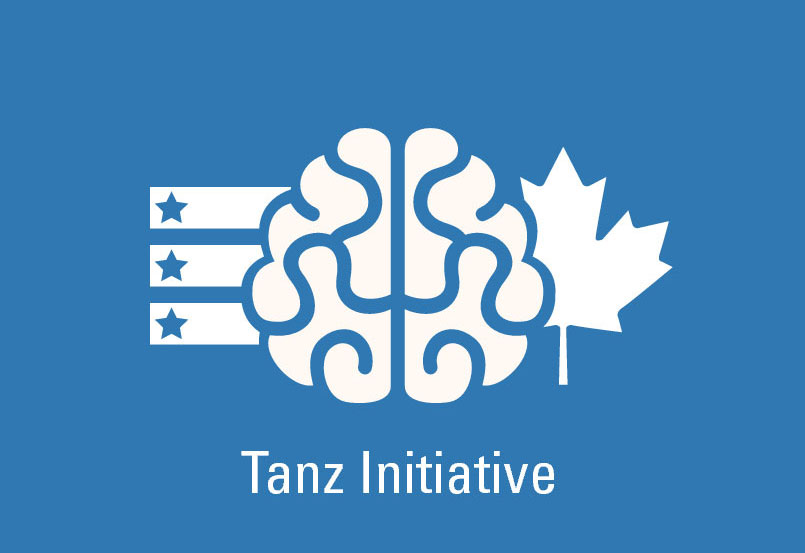A $1-million gift will establish an international collaboration between Sanford-Burnham Medical Research Institute (Sanford-Burnham) and the Tanz Centre for Research in Neurodegenerative Diseases (Tanz Centre) at the University of Toronto to accelerate the development of new therapeutics to treat neurodegenerative diseases.
The gift, a grant from Karen and Stuart Tanz of Toronto, Canada, and Rancho Santa Fe, Calif., will provide funding to launch an ongoing collaboration that brings together the two organizations’ unique and complementary strengths.
“Creating innovative new medicines that tackle challenging diseases is a daunting task that demands a cross-disciplinary, team-based approach,” said Perry Nisen, MD, PhD, chief executive officer of Sanford-Burnham. “The collaboration between Sanford-Burnham and the Tanz Centre is an exceptional opportunity to accelerate the development of new drugs by capitalizing on key strengths from each organization.” The collaboration will bring together the cutting-edge resources of Sanford-Burnham’s drug discovery platform, including ultra-high throughput screening robotics and advanced drug discovery and drug optimization technologies, with the Tanz Centre’s expertise in neurobiology, preclinical testing of prototype therapeutics, and diagnostics for identifying and monitoring individuals at risk.
“The Tanz Centre is an international leader with a record of discovery in neurodegenerative disease research. Our expertise in the discovery and validation of novel therapeutic targets and diagnostic biomarker offers deep insight and knowledge into the molecular understanding of these diseases,” said Peter St. George-Hyslop MD, director of the Tanz Centre at the University of Toronto. “This landmark gift is a catalyst that will drive important research between our two organizations, leading toward improved treatment for the millions of people who will experience a neurodegenerative disease in this lifetime.”
Historically, universities, hospitals, and research institutes have identified and validated new targets for drug discovery. Building on their progress, pharmaceutical companies have used this information to mount drug discovery campaigns aimed at producing drug candidates, which they then take into clinical development.
However, in the past decade, pharma R&D success rates have declined while costs have risen, resulting in major reduction in new drug candidates in the pipeline for testing—this is especially true for neurodegenerative diseases, where success rates are significantly lower than in other areas of therapeutic development.
“A new approach and fresh thinking are necessary to tackle the problems of neurodegenerative diseases, which are attributes my family believes these two organizations share,” explained Stuart Tanz, a key advocate for establishing the collaboration and the architect of the family gift. “Together, the Tanz Centre and Sanford-Burnham have a complete set of capabilities for going from target to the production of drug candidates poised for clinical testing.”
Neurodegenerative disease is an umbrella term for a range of conditions, which primarily affect neurons in the brain. They are currently incurable and debilitating conditions that result in progressive degeneration and/or death of nerve cells. This causes problems with movement (ataxias) or mental functioning (dementias). Dementias are responsible for the greatest burden of disease, with Alzheimer’s representing 60 to 70 percent of cases.
